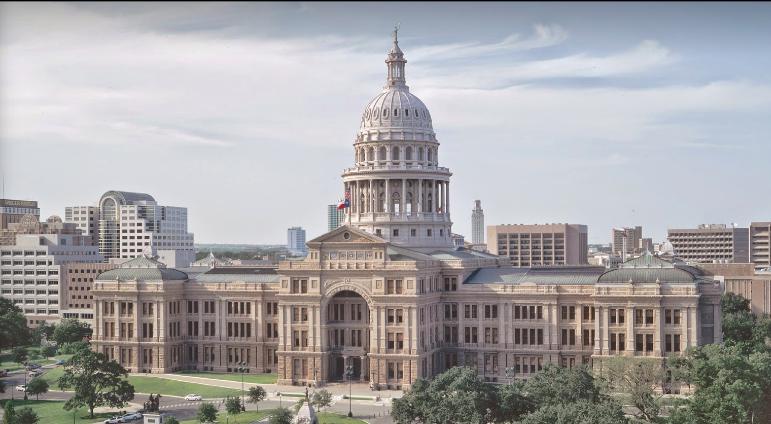
Wikicommons

Audio By Carbonatix
For Texas Democrats, the big blow came last week. Tuesday was just the insult added to the injury. The U.S. Supreme Court ruled June 25 that the overwhelming majority of the congressional and legislative districts that Democrats have claimed for decades were racially gerrymandered were perfectly fine. On Tuesday afternoon, a federal court in San Antonio ruled that even the single Texas House district the Supreme Court found to be gerrymandered will remain intact for 2018.
House District 90, occupied by Democrat Ramon Ramirez, snakes through a wide swath of Tarrant County, roping a significant chunk of Fort Worth’s Latino population into a single district, which makes things easier for Republicans in surrounding districts. When District 90 is redrawn, it will affect those surrounding districts as well. After Tuesday’s ruling, however, those changes will only be felt for a single election because all of Texas’ districts will be redrawn between the 2020 census and the 2022 midterm elections.
“Regardless of what is decided for HD 90, all the maps for the 2018 elections will remain the same as for 2016.” — U.S. District Judge Orlando Garcia
“Regardless of what is decided for HD 90, all the maps for the 2018 elections will remain the same as for 2016,” U.S. District Judge Orlando Garcia wrote Tuesday.
Garcia asked both sides in the redistricting fight to submit proposals in August for what to do with District 90.
With that whimper, one of Texas’ longest political fights ground to a halt.
In 2012, a U.S. district judge in the same San Antonio court ruled that district boundaries across the state unfairly discriminated against Texas’ minority voters by concentrating them in certain districts in order to dilute their overall impact.
A year later, the Legislature redrew the congressional and legislative maps, largely basing them on recommendations made by the San Antonio court. In the years since, the lawsuit against the maps, led by the Legislature’s Mexican American Legislative Caucus, bounced around among the courts before the same San Antonio federal court that invalidated the maps in 2012 again found them unconstitutional last year.
Texas Attorney General Ken Paxton appealed the lower court decision, and the case quickly found its way to the Supreme Court, which ruled that the evidence was insufficient to find, as the lower court did, that the Legislature acted in bad faith when it put the districts together.
“Not only does the direct evidence suggest that the 2013 Legislature lacked discriminatory intent, but the circumstantial evidence points overwhelmingly to the same conclusion,” Justice Samuel Alito wrote in the majority opinion.
After the Supreme Court’s ruling, Texas Democrats said the decision would be a rallying point for voters in the midterm elections.
“History will judge Trump Republicans, and they will have to live with they have done, but Texans won’t. This November, Texans are banding together for change,” Texas Democratic Party Chair Gilberto Hinojosa said. “Civil rights groups know what Republicans did, Texas Democrats know what Republicans did, federal judges know what Republicans did and Greg Abbott knows exactly what he did. Most importantly, Texans know Republicans discriminated against people of color to deny them the power of their vote.”